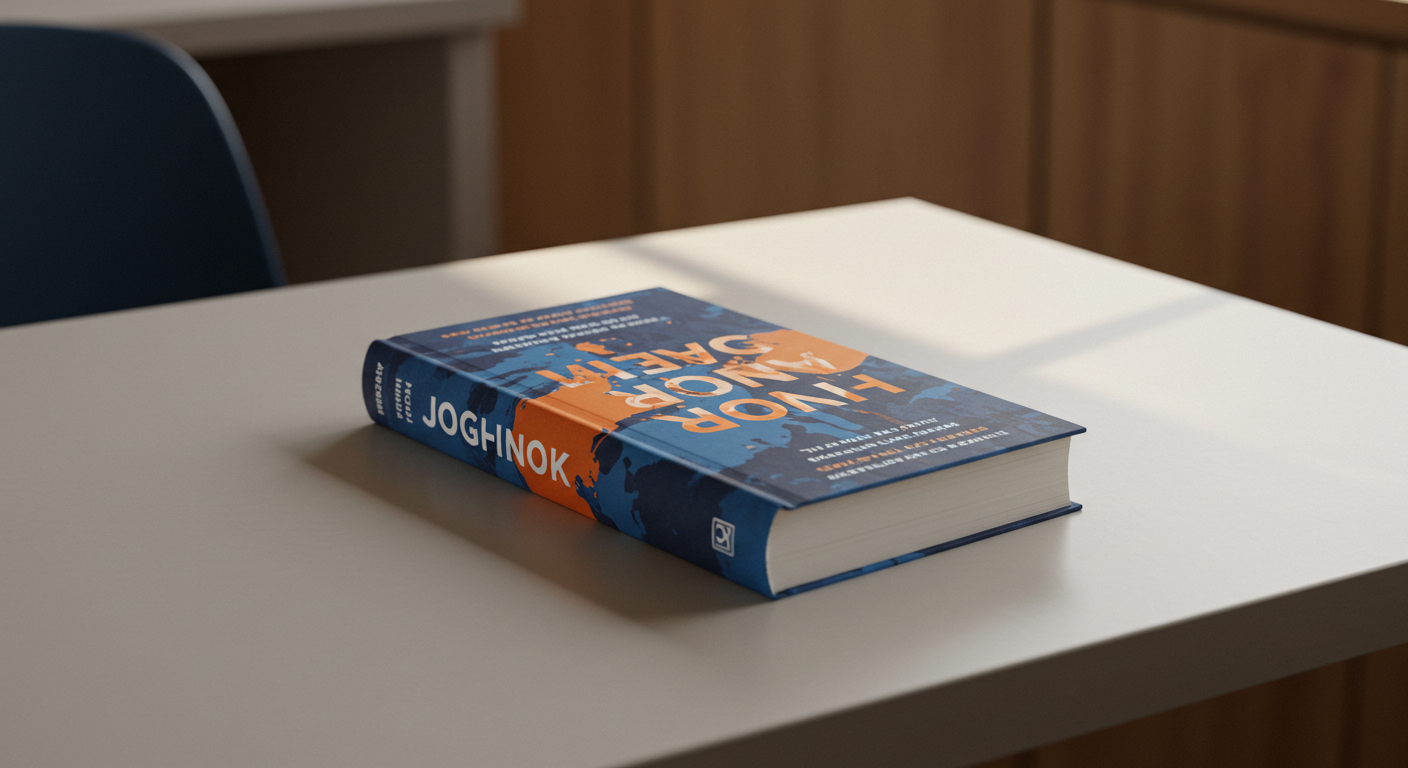In the context of historical decision-making, particularly within the ‘Three Kingdoms’ narrative, the character of Ma Suo serves as a powerful example of how knowledge alone isn’t sufficient for making wise decisions. His infamous mistake during the Battle of Jieting, where he defied Zhuge Liang’s advice and chose a mountain position, highlights the complexity of decision-making and the importance of incorporating a broader perspective into one’s choices. The key question raised here is: how can we differentiate between ‘partial knowledge’ and ‘correct judgment’? This article will explore this dilemma through the lens of Ma Suo’s decision and the broader implications for effective decision-making.
- 1. The Dangers of Partial Knowledge: Ma Suo’s Strategic Mistake
- 2. The Role of Comprehensive Thinking in Decision-Making
- 3. Zhuge Liang’s Wisdom: A Lesson in Strategic Thinking
- 4. Beyond the Battlefield: Applying Comprehensive Thinking to Real-Life Decision-Making
- 5. Conclusion: The Value of Multi-Faceted Decision-Making
1. The Dangers of Partial Knowledge: Ma Suo’s Strategic Mistake
Ma Suo’s choice to set up camp on a mountain instead of at the base of the city, as advised by Zhuge Liang, is often cited as a classic example of how knowledge can be misapplied. While the mountain seemed strategically advantageous, Ma Suo failed to consider the consequences of his choice, such as the vulnerability of his position to a water blockade. This lapse in judgment wasn’t simply about a lack of understanding but a failure to connect his knowledge to other crucial factors, such as geography, weather conditions, and the enemy’s strategy.
2. The Role of Comprehensive Thinking in Decision-Making
The crux of Ma Suo’s mistake lies in his inability to adopt a comprehensive, multi-faceted approach to his decision. In decision-making, it’s not enough to focus solely on one piece of knowledge or data. Effective decision-makers must consider how different factors interrelate. In Ma Suo’s case, his limited focus on the immediate tactical advantage of the mountain position overshadowed the long-term consequences of being vulnerable to a water blockade.
3. Zhuge Liang’s Wisdom: A Lesson in Strategic Thinking
Zhuge Liang’s criticism of Ma Suo for his ‘half-baked knowledge’ points to the importance of connecting disparate pieces of information into a coherent strategy. Zhuge Liang’s leadership is a study in the power of holistic thinking—understanding not just the strengths of one option but also the weaknesses and vulnerabilities of every possible outcome. His advice to Ma Suo to set up camp at the base of the city wasn’t based on a single factor but on a broad understanding of the strategic landscape.
4. Beyond the Battlefield: Applying Comprehensive Thinking to Real-Life Decision-Making
The lesson from Ma Suo’s failure isn’t confined to military strategy. It extends to everyday decision-making. In our personal and professional lives, we often encounter situations where a piece of knowledge or a single perspective seems compelling. However, without considering all relevant factors—whether emotional, social, or practical—we risk making decisions that fail to account for the bigger picture. True wisdom, as demonstrated by Zhuge Liang, comes from integrating knowledge with experience and foresight.
5. Conclusion: The Value of Multi-Faceted Decision-Making
The story of Ma Suo and Zhuge Liang teaches us that knowledge alone is not enough. It must be paired with a broader understanding of context, foresight, and strategic thinking. By embracing a more comprehensive approach to decision-making, we can avoid the pitfalls of partial knowledge and make wiser, more informed choices. In this sense, Ma Suo’s failure is not just a historical anecdote; it’s a timeless reminder of the importance of considering all angles before making a decision.



コメント